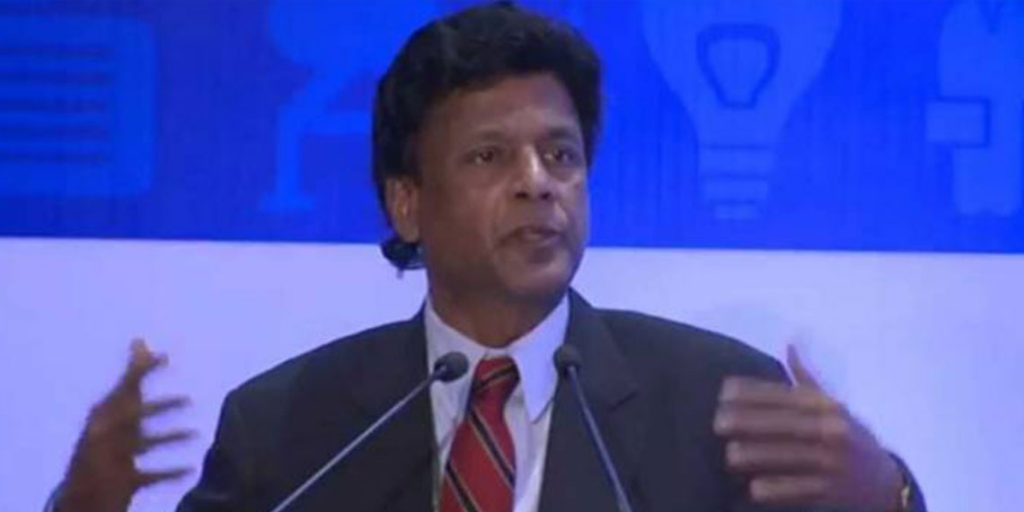ROAR of Ravi Dev
After I had quit my job in NYC in 1988 and returned to Guyana as a member of a small think tank called the “Jaguar Committee for Democracy”, I prepared a paper, “For a New Political Culture in Guyana” in 1990. Free and fair elections were in the air, and the need for a sanitised voters’ list had forced the political parties to accept the elections scheduled for that year be pushed back to 1992.
The epigraph of the paper insisted that “Changes in moral and cultural consciousness precede changes in political behaviour,” and continued: “It is the contention of this paper that until the politicians and other actors in the public arena openly and publicly confront the racial basis of Guyanese political culture and structures, and deal with its consequences affirmatively, we will remain mired in a Sisyphean paradigm. Doomed to struggle strenuously – perhaps even heroically – but ultimately futilely, for the goal they all claim to share in common – a Guyana in which all groups can have their just share of power: political, economic and social.”
The paper was presented to the three major parties of the day, the PPP, PNC and WPA as a “white Paper” to form the basis for a Symposium we were going to organise in which the said parties would present their take on the “race problematic”. Dr Jagan agreed on behalf of the PPP, Malcolm Parris, then Chairman of the PNC, also did so on behalf of his party but after a presentation to the executive body to the WPA, they declined, since in their estimation, they disagreed with the premise of the paper. The WPA had evidently resolved the problem through their efforts since 1974. The Symposium died stillborn.
In the following decades, first as the JCD and after 2000, as ROAR, we articulated the ideas contained in the paper in the press – first the Stabroek News later joined by the Kaieteur News; over the TV programme “Issues and Answer” and in Parliament, after we occupied a seat there between 2001 and 2006. The centrepiece of the analysis was that operating in Guyana were several “Ethnic Security Dilemmas”.
After WWII, the paper noted, “The discovery that the Indians were mastering the very skills long associated with the ruling class and in a manner more completely that themselves, compounded the indignities of the African slave heritage. The final insult was their elites advising them that they had to imitate the very qualities they had derided in the Indians, if they wanted to compete in the modern dispensation. Their group worth, and consequently the individual’s self-worth, were threatened.
Compounding this psychological insecurity was the demographic factor: the Indians had a much greater birth rate than the African. Combining their newly acquired skills with an imminent majority of voters, in a political arena governed by majoritarian rules and universal suffrage, it was quite conceivable that the Indians could subordinate the Africans in perpetuity. Groups in this situation are overwhelmingly initiators of ethnic violence, as they project their anxiety and insecurity onto the other group who are seen as threats to their survival.
From this perspective, the response of the African Guyanese is not unique; the same response has been elicited in culturally dissimilar groups such as the Malays who are in a structurally similar position economically in Malaysian society. Thus while Burnham, and the C.I.A. might have midwifed ethnic conflict in Guyana, they certainly did not create it. Any proposed solution to Guyana’s problem must address this fundamental fear of the African Guyanese; the fear of being swamped and subordinated.
“The Indians and Amerindians, on the other hand, under the international norms of equality assert their right to participate in the body politic in proportion to their share of the population and their contribution to the country. For Indian-Guyanese, even though they may win elections in a free and fair elections it is unlikely they will be allowed to govern since the coercive arms of the state, the bureaucracy and the strategic control of Georgetown are in the hands of their political opponents. Any proposal solution to Guyana’s problems must also address this integral experience of Indian and Amerindian Guyanese; the experience of being excluded from the corridors of power especially political power.”
Today, because of demographic changes making the entire Guyana society a congeries of minorities, the African Ethnic Security Dilemma has been resolved as evidenced by the PNC-led coalition in 2015. Their leaders are stoking fears with a narrative that has no basis in reality.
